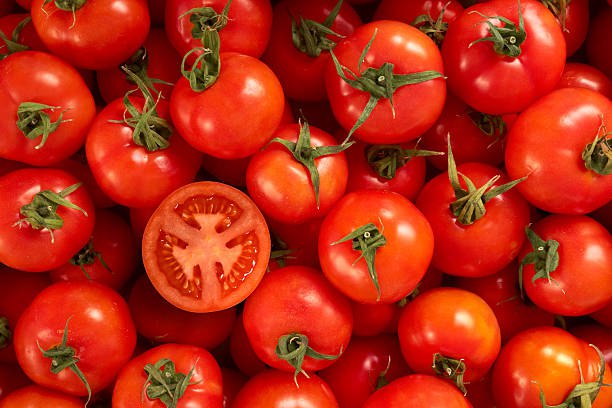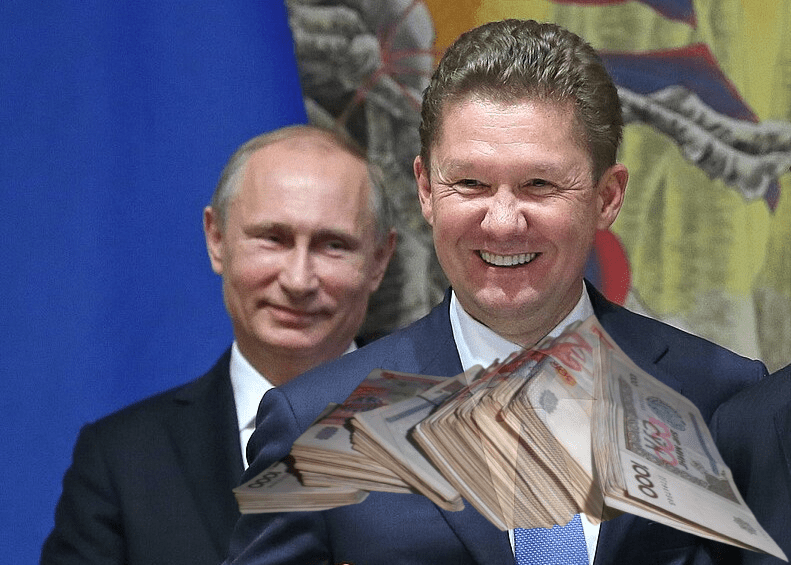Anti-Migrant Wave Rises in Russia Following General’s Murder
Anti-migrant sentiment is intensifying in Russia following the murder of a high-ranking general, with calls from populist media outlets and bloggers urging the Kremlin to tighten its migration policies. Experts warn that this tension is likely to escalate. They argue that the Russian authorities are redirecting public frustration toward Central Asians as a means of improving domestic social stability. Anti-migrant rhetoric coming out of Russia is increasingly being wielded as a tool to exert leverage on Central Asian nations. General Kirillov Murder: Uzbeks Question Russian Narrative of Kurbonov's Arrest The recent arrest of an Uzbek citizen accused of committing a terrorist act - allegedly recruited by Ukrainian security services - has added fuel to the fire. This incident follows a long-standing pattern of discrimination against Central Asian labor migrants in Russia. In Uzbekistan, people are questioning the arrest in Moscow this week of 29-year-old courier Akhmadjon Kurbonov, who stands accused of murdering Russian general Igor Kirillov. The head of Russia's radiation, chemical, and biological defense forces, Kirillov was heavily involved in Russia's war with Ukraine. The media in Russia has claimed that Kurbonov carried out the assassination - and that of Kirillov's assistant Ilya Polikarpov - on behalf of the Ukrainian government in exchange for financial reward and residency in Europe. This version of events has sparked widespread debate in Uzbekistan. On social media, people have raised questions about the credibility of the allegations. Analyst Shuxrat Rasul described the accusation as “hard to believe.” On Facebook, Uzbek citizens such as Anvar Sagdullayev have questioned the narrative, commenting, “How can a man accused of murder appear so calm, as if reciting a prepared script? Perhaps this was orchestrated by interests closer to home.” Another Facebook user, Raimbergan Kuchkarov, speculated that internal conflicts are being stoked by using migrants as scapegoats. “The Russians themselves likely don’t know where their generals live. Why would a high-ranking officer be targeted by someone from Uzbekistan? This seems like a provocation,” Kuchkarov wrote. The case has also raised concerns among Uzbek immigrants in Russia, who fear that collective blame for the alleged actions of one individual may exacerbate prejudice and discrimination against their community. The Embassy of Uzbekistan in Russia has responded by stating that it is in contact with Russian law enforcement agencies and is working to verify details regarding the detained Uzbek citizen. On December 19, Uzbek President Shavkat Mirziyoyev held a phone conversation with Vladimir Putin to discuss bilateral and regional cooperation. The leaders highlighted the importance of close collaboration between their countries’ special services to combat security threats. The Kremlin noted that the discussion was initiated by the Uzbek side. During the call, Mirziyoyev expressed condolences for the deaths of General Kirillov and Polikarpov, condemning the attack as a “heinous act of terrorism.” Increasing Pressure The situation for migrants in Russia has worsened significantly since the 2022 invasion of Ukraine. Migrants have faced frequent raids, detentions, and the threat of deportation. Legislative changes have further tightened entry and residency rules....






